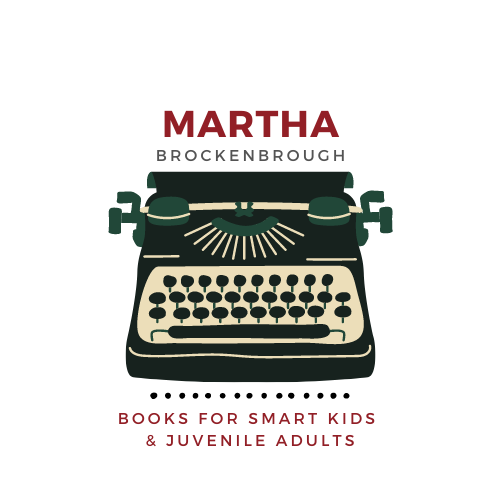 Look! Tracy van Straaten is dressed as Lisa Yee's Peepy! It's a Halloween costume, so you will NOT see her hopping about in yellow in New York.Here's Tracy van Straaten, an industry luminary you'll have a chance to meet at the SCBWI conference Jan. 27-29.
Look! Tracy van Straaten is dressed as Lisa Yee's Peepy! It's a Halloween costume, so you will NOT see her hopping about in yellow in New York.Here's Tracy van Straaten, an industry luminary you'll have a chance to meet at the SCBWI conference Jan. 27-29.
Tracy is Scholastic's vice president of publicity and marketing, and she's good, folks. Very good. I'm not just saying this because of how cute she looks as Lisa Yee's Peepy (Halloween hijinks. Ordinarily, she's much less yellow.)
I first met Tracy virtually a couple of years ago after I wrote an article for MSN Entertainment about the pending release of Catching Fire, the second in the Hunger Games trilogy. I joked a bit in that piece about what I thought was a too-small initial print run, which I'd read on Publishers Weekly or similar source.
Tracy wrote to let me know they'd increased it. She also made sure I had a copy of the ARC, and, well ... I pretty much became a TvS fan for life after that. It wasn't just the ARC. It was her willingness to engage directly with a journalist on behalf of the book. It wasn't a cold call; she'd read my piece and started an individual conversation, a remarkable thing when you think about how many books Scholastic publishes, and how many journalists there are covering the big ones.
I was delighted to ask Tracy a few questions in advance of the conference. Read on for some really insightful stuff. There's still time to register, by the way. (All the info you need is right here.)
We hear a lot about the growing responsibility authors have for marketing their own books. How much of this is true, and how much of this is more of an understanding that authors have always had a certain responsibility for this?
I think the most important responsibility an author/illustrator has is to write/illustrate the very best book they can. There are many ways in which an author or illustrator can help to get the word out about their book, but the book itself is the most important thing. After that, it’s up to the author/illustrator how much time they want to, or are able to devote to helping to market their book—and which things are the best use of their time. I think one of the bigger myths out there right now is that publishers expect the authors to take on all of the marketing for their books. Certainly, each publishing company is different, and each one has finite resources available to them. But all publishers do SOME marketing for the books they publish. The main thing is for authors to find out what is being done already and then to determine what other things he or she might do to complement those efforts.
I do feel that any published author should have a web site or blog with a list of their books and biographical information so that anyone who searches for the author or their book can find it. It doesn’t have to be fancy or expensive, as long as the information is easy to find and accurate. And, if you enjoy social media, joining Twitter and Facebook (particularly for YA authors) can be useful at publication as a way to engage and interact with fans.
How do publishers decide their marketing strategy for the books on their list?
There are many, many factors that go into this, and it varies by publisher. But criteria like age range, subject matter, author’s track record (is the author a debut or a bestseller?), print run, industry trends, and intended market/potential audience for the book help to determine a strategy.
What are some of the best things authors can do to partner with their publishers for a successful book launch? On the flip side, what should authors avoid doing?
The things to avoid can be different from book to book and publisher to publisher. In order to avoid any missteps, the most important single thing is to communicate with your publisher. If you have more than one publisher, be sure to share information about any appearances you have planned. Because standard marketing and publicity procedures vary greatly from house to house, never assume what will and will not be done on your book’s behalf. Ask questions. Find out what marketing and PR efforts are planned. Then come up with a list of other ideas you would like to pursue and send them to your editor. She will let you know if any of the ideas on your list are already being handled or are not advisable. By working together with your publisher you will maximize everyone’s efforts for the most successful launch. Also, try to be patient. While you may not hear news every day that things are “happening,” rest assured that many people at your publishing house are working hard on your book’s behalf!
For people who aren't yet published, what should they be doing to build a platform or network of readers?
I don’t think a yet-to-be published author should focus too much on building a platform of readers. I think they should focus on writing the best book they can and getting it published. But attending writers’ conferences, following other writers on Twitter and Facebook, and other networking opportunities can give an author a great start by the time their book is published.
More Tracy van Straaten:
Follow her on Twitter







